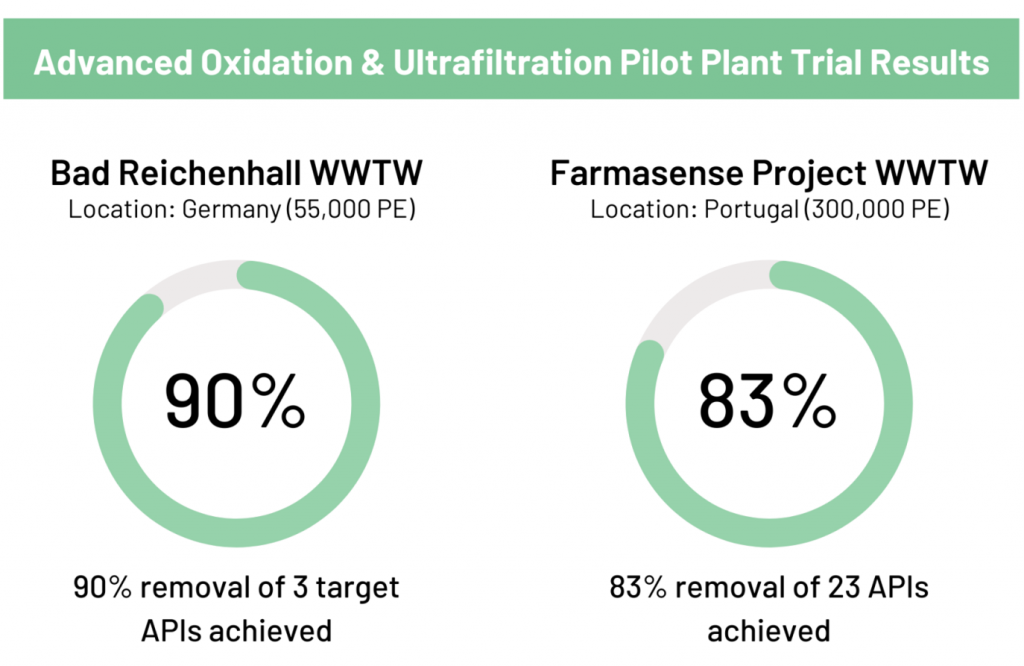For many years we have seen growing evidence of the deleterious effects of active pharmaceutical ingredients (APIs) in the natural environment. Feminisation of fish, increasing susceptibility to predation and increasing antibiotic resistance have all been linked APIs but the extent of this pollution has never been truly assessed.

A new study[i], carried out by a consortium of 127 authors representing 86 institutions worldwide, sampled 258 of the world’s rivers representing the environmental influence of 471.4 million people across 137 geographic regions. The researchers obtained samples from 1,052 locations in 104 countries and these were analysed by high-pressure liquid chromatography-tandem mass spectrometry at the Centre of Excellence in Mass Spectrometry located at the University of York.
The study concluded that “The most contaminated sites were in low- to middle-income countries and were associated with areas with poor wastewater and waste management infrastructure and pharmaceutical manufacturing. The most frequently detected APIs were carbamazepine, metformin, and caffeine (a compound also arising from lifestyle use), which were detected at over half of the sites monitored. Concentrations of at least one API at 25.7% of the sampling sites were greater than concentrations considered safe for aquatic organisms, or which are of concern in terms of selection for antimicrobial resistance. Therefore, pharmaceutical pollution poses a global threat to environmental and human health”
What about APIs in the UK?
A study of wastewater treatment works in the UK found that 13% were releasing APIs including Ibuprofen, ethinyloestradiol, diclofenac, azithromycin and clarithromycin at concentrations which would exceed their predicted no effect concentrations (PNEC) in receiving waters2. So, what can be done to address API contaminated wastewater?
Advanced Oxidation & Ultrafiltration
The most effective technologies for the destruction of these recalcitrant organic molecules are advanced oxidation processes. Various reactive oxygen species including; peroxide, ozone and free hydroxyl radicals, can be used to oxidise most organic compounds via proton transfer. The species are introduced into the wastewater using a non-thermal plasma generated from an electrical glow discharge.

Pilot plant trials of our te-ionTM non-thermal plasma advanced oxidation process at Bad Reichenhall wastewater treatment works, showed that it was possible to remove 90% of three target APIs. Further trials undertaken as part of the Farmasense Project at a wastewater treatment works in Portugal, achieved 83% removal of 23 APIs, demonstrating the potential of the te-memTM and te-ionTM combination for tertiary treatment of APIs present in the final effluent from a municipal wastewater treatment plant.
Contact us now to request more information, click here or pop us an email enquiries@te-tech.co.uk
[i] Wilkinson et al Pharmaceutical pollution of the world’s rivers PNAS 119 (8) 2022
2 Comber S et al Active pharmaceutical ingredients entering the aquatic environment from wastewater treatment works: A cause for concern?, Sci Total Environ, 613–614 (2018) 538-547